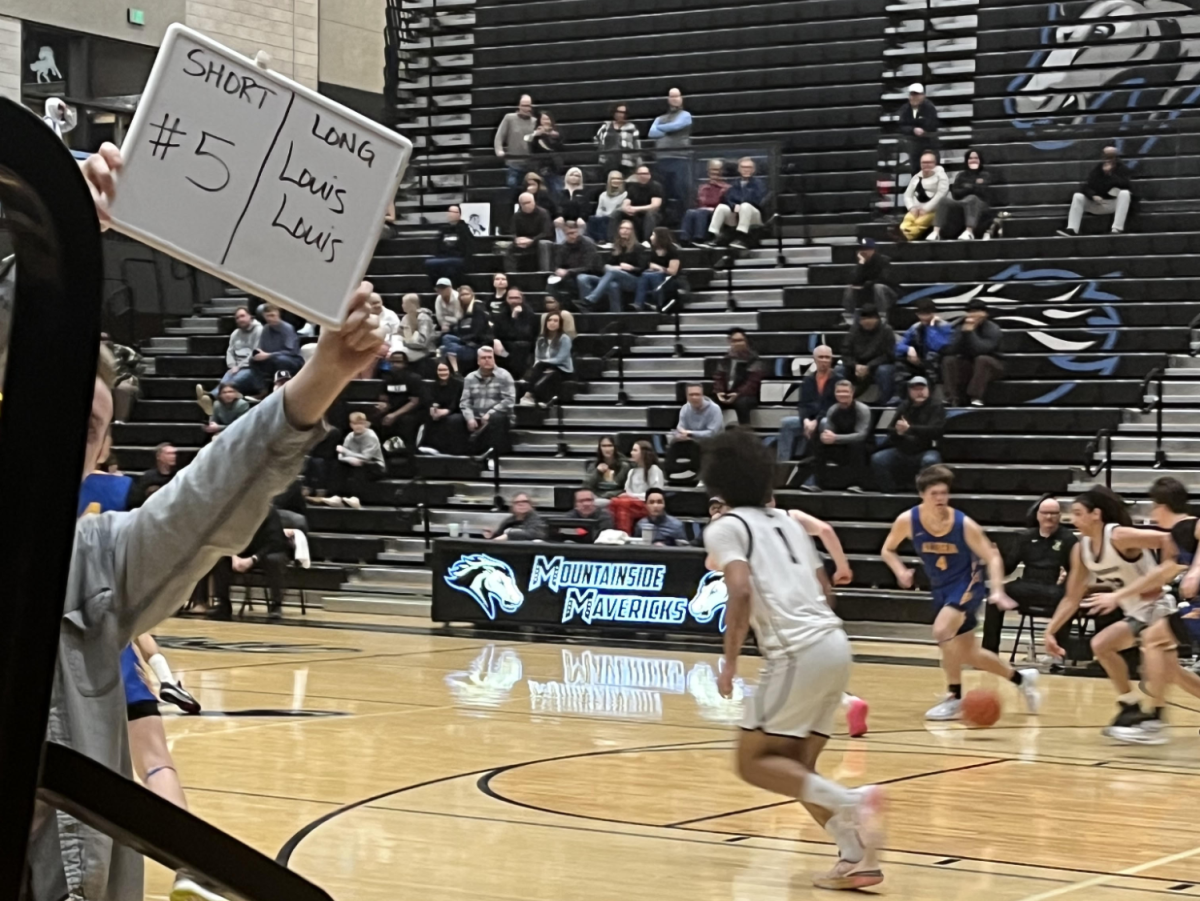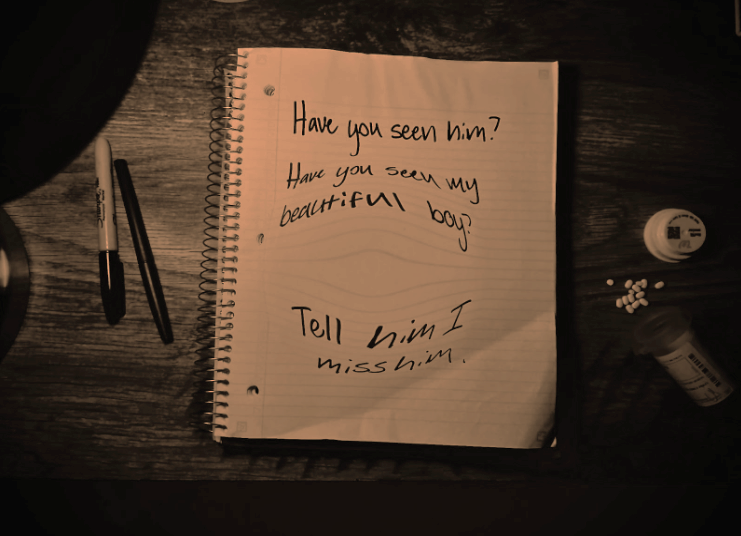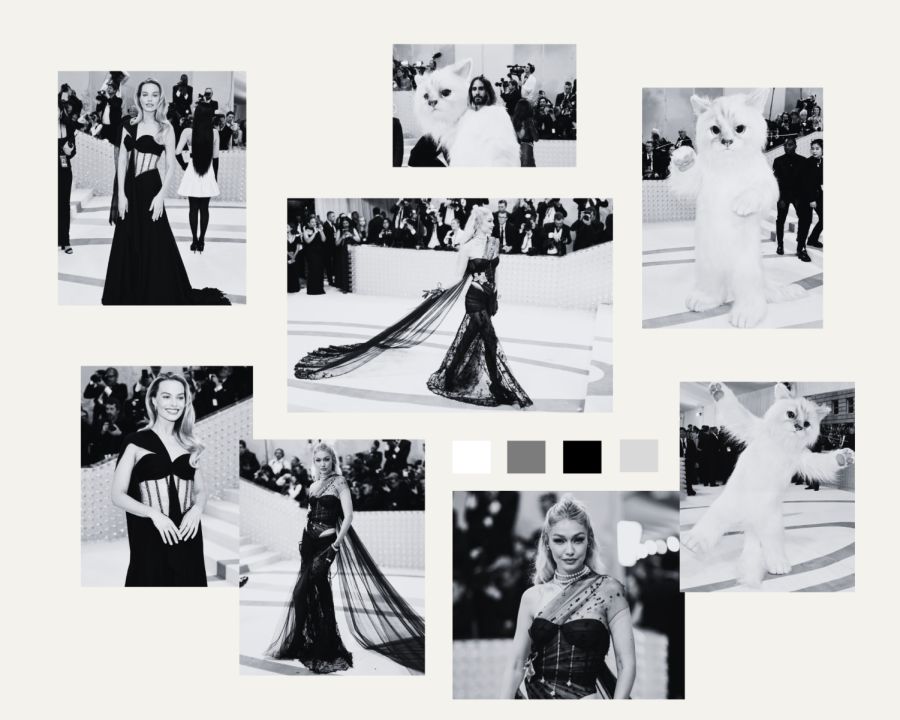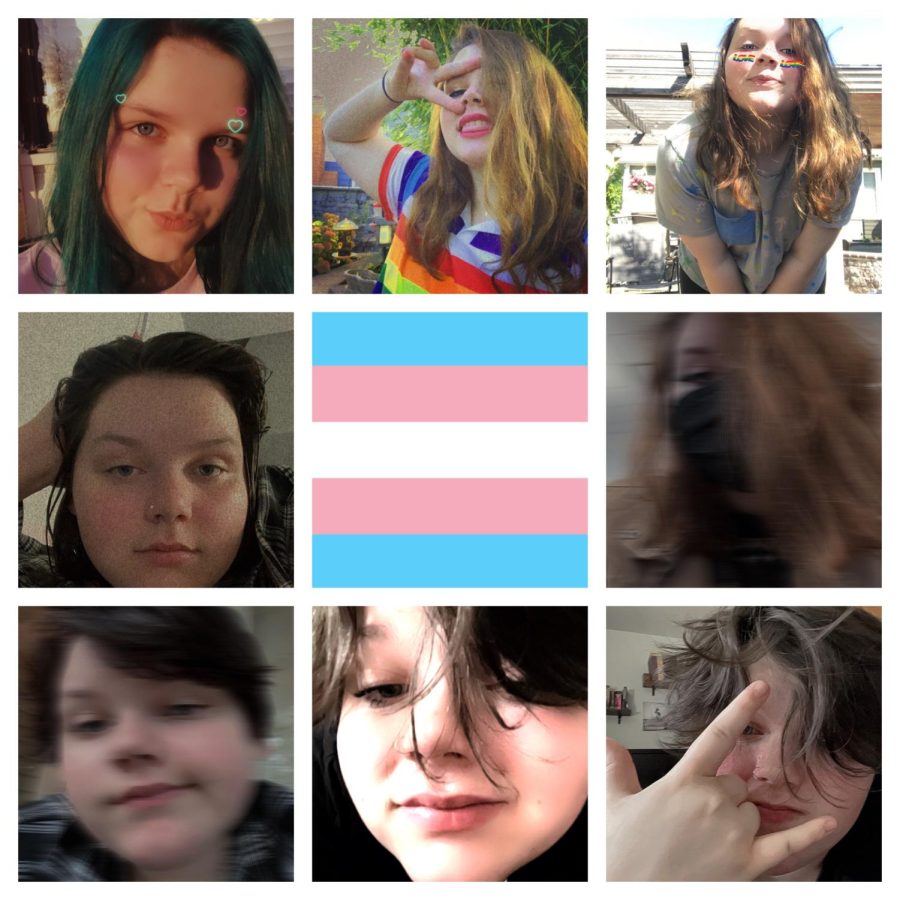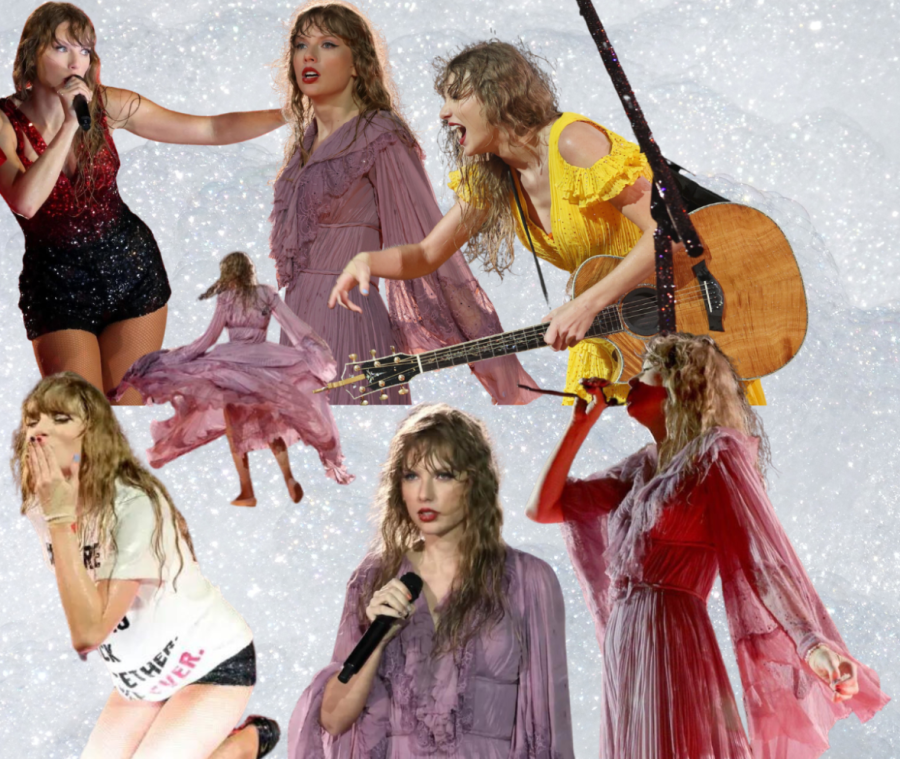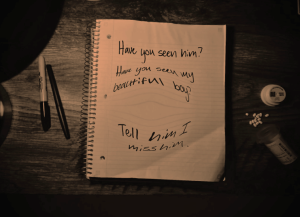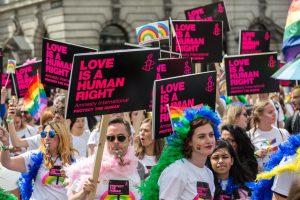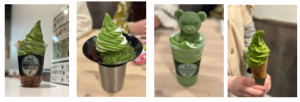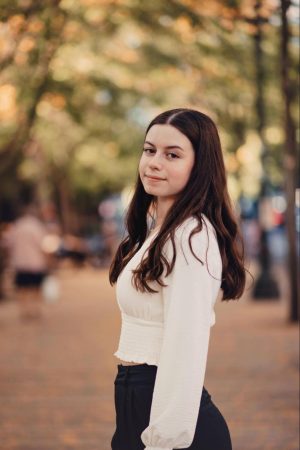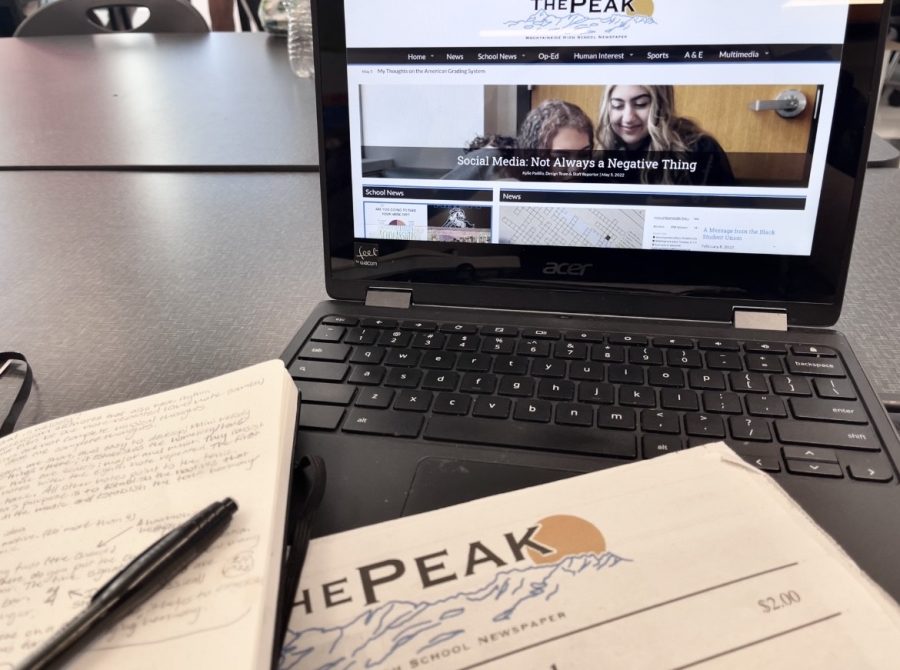Intolerance, Injustice, and Ignorance: How can we fix the racial divide in Mountainside?
February 24, 2020
Everyone deserves a safe place when they walk into school, but not all have that chance. Whether it be curriculum inequality or student-led discrimination, school is not kind to everyone. In order to provide a safe place for these students, the Black Student Union is making changes that the school needs.
After a meeting with the teachers on Thursday, January 30th, the Black Student Union highlighted three areas that should be addressed. History classes and what facts are presented, literature classes and what material should be off-limits, and student culture at the school. At the meeting teachers were supportive of these changes, but the changes won’t be impactful unless the student body actively tries to right the wrongs as well.
American history is often not a time for celebration as we have had a long and lasting issue with racism in the country. One of the dangers of presenting these facts is what should be covered and what is allowed to slip through the seams of the curriculum.
While it would be unrealistic to present every fact from a time in our history, many facts that show the inequality in America are ignored. “History [is] not always accurately represented.” How can we improve and fix our racial divides if we’re ignoring the history that got us to this point? As the saying goes, “those who ignore history are doomed to repeat it”.
Another issue that the school faces is in our Literature classes. Some books read in class contain hurtful words and sayings that paint a setting for the characters in the book. These words and sayings have deep roots in racism and discrimination in our country. “[Our Lit & Comp teacher was] reading a book, and we were not really expecting it, but she said the N-Word.” Even after talking to the teacher afterward, no progress was made because the teacher claimed she was just trying to protect and respect the author’s craft. “Why would you respect the author, but not me?” While an author may use these words in their papers, it is not respectful or kind to say them aloud especially without counseling or asking for permission from the class.
The last overarching wrong that the school needs to fix is the student culture at school. Many students find it okay to say the N-Word and act racist which is categorically wrong. One example that was brought up was about a history lesson in class. At the time they were learning about slavery in America, but some of the male students decided to isolate one African-American student and call her a slave and pretend that she had to report to a “master.” This is wrong in many ways that it’s hard to imagine a teacher would not intercede.
Another student issue at the school are “microaggressions.” These are actions or words that may seem insignificant but are hurtful and rude to those who are the subject of them. For the students of color at the school this often comes in the form of touching their hair or making comments about food that is often part of the “black stereotype.” Asking to touch someone’s hair or if they like a certain food or style only because they are black is wrong and needs to stop.
To fix these three issues there is a simple, yet marvelous change that can happen at the school. Discussion. Discussion allows for new ideas and kind ideas to spread as well as hearing from those that normally are not able to show their ideas or emotion. Without discussions, students of color find it hard to voice their opinions about a topic without being accused of being that “angry Black person”. A discussion in AGC classes about the facts and how racism still lingers in America today as well as discussions in Lit & Comp classes about the use of the N-Word in literature as well as using more texts from authors of color would help more students feel represented in class.
One issue that may arise from this is the dependence on students of color to carry the entire conversation. This is also an issue when a student says something wrong and often times a student of color will not feel safe to correct them because they think no one will support them. This is when being an ally is a must. To be an ally, stand up for your friends of color and be the ones prompting change and discussion instead of letting things happen until that student or friend has to get directly involved.
Another idea to help with the challenges at school would be to introduce more role models of color for mathematics and science classes. Using them as an example will be a powerful and meaningful way to show equality and inspire everyone to pursue their dreams.
If you really want to become part of the change at Mountainside, you are welcome to join the Black Student Union on Thursdays from 2:30 – 3:30 in room 278. All are welcome to educate themselves on new perspectives as well as join in the discussion of their experiences at the school.
Thank you to Natalie Ebanks and the Black Student Union for contributing their thoughts and perspective and for bringing this issue to light.





